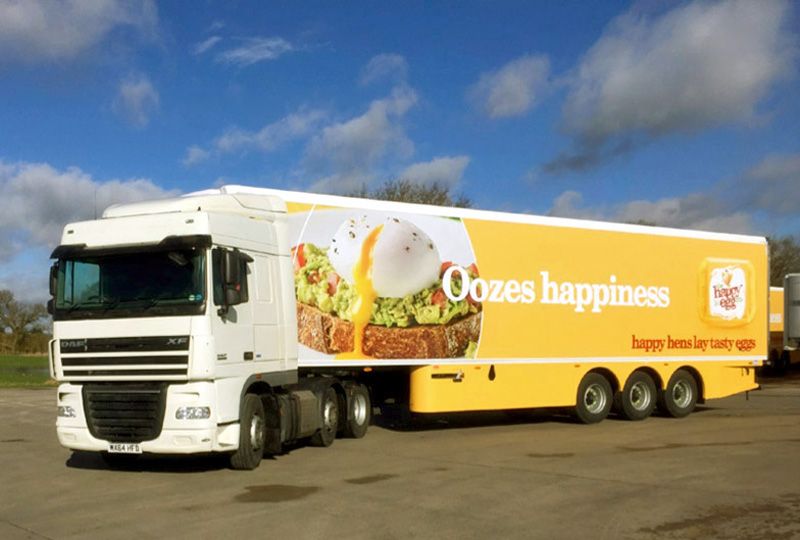Prevarication seems to be the UK government’s middle name when it comes to post Brexit matters with another delay announced as regards border controls, due to begin on 1 July 2022 and now put back until 2023 at least.
The government announcement put this latest move down to a mixture of Covid and Ukraine concerns saying that the hike in cost of living costs was unacceptable at this time and delaying full implementation of planned border controls would mitigate delays at ports and the subsequent knock on effects damaging the economy further.
This is the fourth such delay to the system and brought a flurry of comment from all parts of the supply chain connected to the process. Whilst the UK Chamber of Shipping welcomed the delay, others cast a doubtful note over the move, but Sarah Treseder OBE, chief executive of UK Chamber of Shipping, made her organisation’s position clear, saying:
“We welcome yesterday’s announcement; maintaining the fluidity of trade passing through our borders is essential. It’s now vital we move towards a long term solution for administering trade. It is positive hearing government plans to reset industry engagement to develop ambitious digital solutions, and to prioritise agreements with the EU.
“Government should also work with operators who made preparations for the controls coming in July, to avoid any risk of existing investment going to waste. We have been calling for these improvements to trade administration on behalf of our members. The progress being made is good news for ship owners, and for the UK’s economic growth.”
Moeco, a company which provides end-to-end location and conditions monitoring for shipments saw the chance to promote digitalisation, saying this could alleviate many of the perceived problems with Alexa Sinyachova, Co-Founder and CEO commenting:
“While there is much frustration surrounding the UK Government’s decision to further delay checks on fresh food and plants being imported from the EU, it does present an opportunity for logistics companies to digitise their operations by introducing real-time tracking for shipments. Real-time tracking means that cargo acceptance at intermediate points of the supply chain is automated, and the number of goods that need to be checked manually is reduced significantly.
”Since conditions are continuously monitored, only goods that have violated the conditions of transportation require manual checks by staff, reducing checkpoint labour costs. In many cases within the supply chain, humans are still having to check goods for conditions and quality multiple times during a single shipment, which leaves room for inevitable human error and costs more in staff wages.
British International Freight Association (BIFA) Director General, Robert Keen was not at all surprised by the further delay but felt this time it appears to be for fundamentally different reasons to those which came before. He explained:
“BIFA interprets this pause to be part of a much bigger picture, that will encompass a review of all frontier policies for all of the UK’s trade with not just the EU, but the rest of world, we anticipate that this will result in the introduction of new policies applicable to all of the UK’s international trade.
“2023 may be a significant date because that is when CDS, the system that is replacing CHIEF for processing customs entries, is meant to be fully operational for both imports and exports. In 2020, BIFA stated that within the overall Border Operating Model, a pattern was emerging of announcements with attention-grabbing headlines, but minimal detail that didn’t appear to have been thought through.
”Whilst the new systems were announced, consultation with the trade was minimal and some of the practicalities of implementing the new systems in regards to freight forwarding, and other supply chain responsibilities, as well as document flows, did not appear to have been taken into account.
“We can only hope that those in power in Whitehall have learnt from this oversight although yesterday’s announcement raises many questions about future trade policy and procedures, which need to be answered by government.”
Meanwhile over at accountants MHA consultant Andrew Thurston was more concerned that the government are considering cutting tariffs on food as the cost of living crisis worsens. He warns any reduction could cause the UK to breach existing trade agreements, risking retaliatory tariff measures from the EU and other partners such as Canada, saying:
“Cutting tariffs on food imports into the UK would bring significant price reductions on perishable goods for consumers burdened with the current cost of living crisis. However, any tariff reduction brings with it a serious risk of damaging relations with the UK’s international trading partners, such as Canada and the EU.
”Tariff reductions mean the benefits international trading partners derive from their deals with the UK are reduced because Canadian or EU food products no longer have privileged access to UK markets relative to products from China or the US. If international partners are sufficiently angered they may react in kind by scrapping any preferential tariffs currently enjoyed by UK exports to their markets.
“Therefore, the result of reducing food tariffs could be a decline in UK exports. Moreover, the UK may lose its leverage in future trade negotiations [and achieve] fewer trade agreements, or a reduction in the benefits of existing agreements, might in the long-term have just as much of an adverse impact on living standards as current food prices. Overall the government must carefully consider all ramifications of any tariff cut, otherwise the UK could end up creating issues in the future that may risk the development of trade and increase costs to the UK.”






